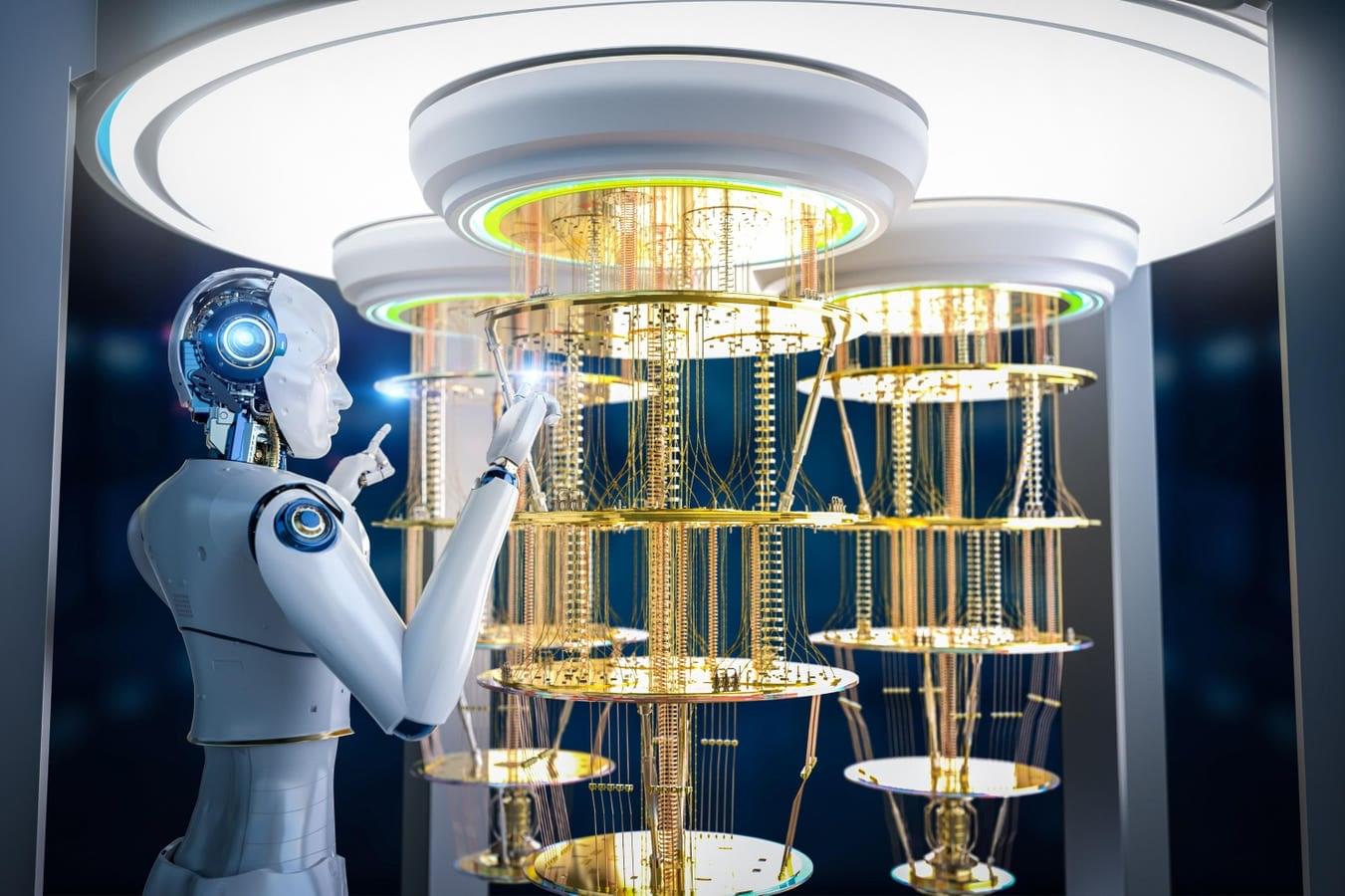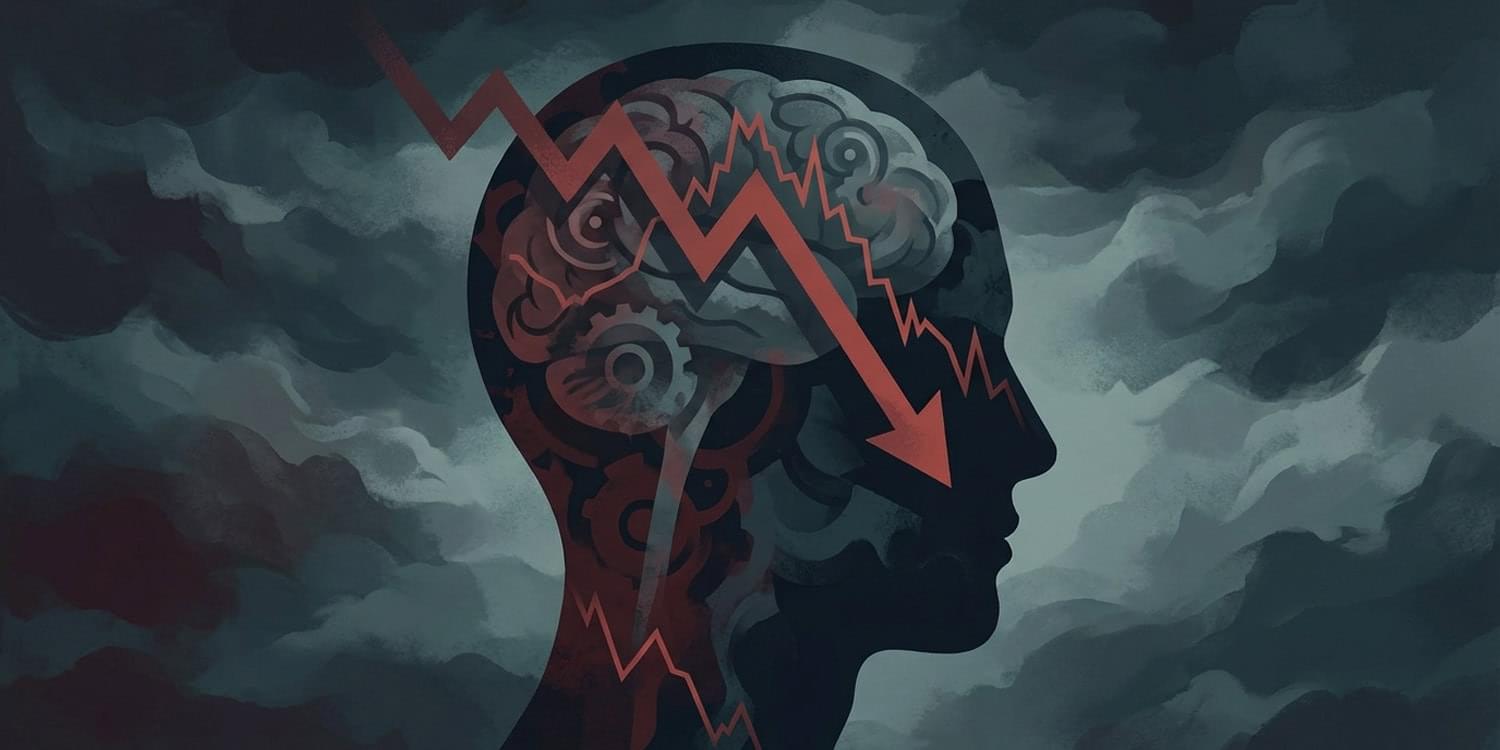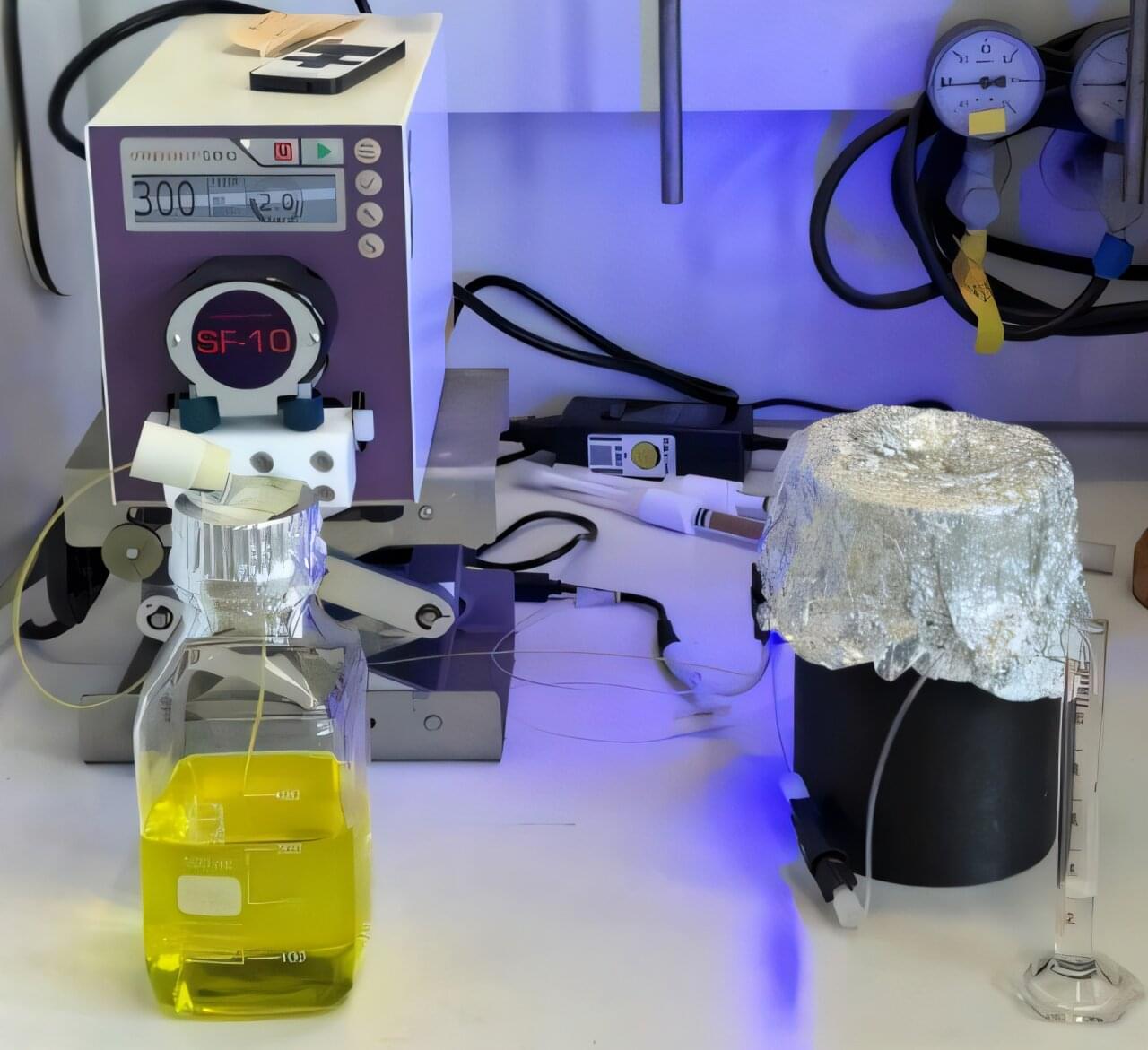Elon Musk’s ventures, particularly Tesla’s robotaxis and advancements in AI, are poised to revolutionize the economy and society, with significant potential for growth, discovery, and profound implications for the future ##
## Questions to inspire discussion.
Robotaxi Economics & Business Model.
🚖 Q: What determines robotaxi success beyond achieving autonomy? A: Success depends on unit economics, fleet scalability, and supply elasticity during peak demand, not who reaches autonomy first, with the ability to integrate privately owned vehicles into a single economic system being critical.
💰 Q: What margin advantage does Tesla’s robotaxi model have over competitors? A: Tesla projects 35% margins by 2030, significantly higher than Uber’s 7.9% and Waymo’s break-even margins, enabling rapid revenue growth.
📈 Q: What revenue growth is expected for Tesla’s robotaxi business? A: Tesla expects 4.4-5x growth in robotaxi revenue over the next 5 years, potentially greater due to untapped use cases like long road trips.


